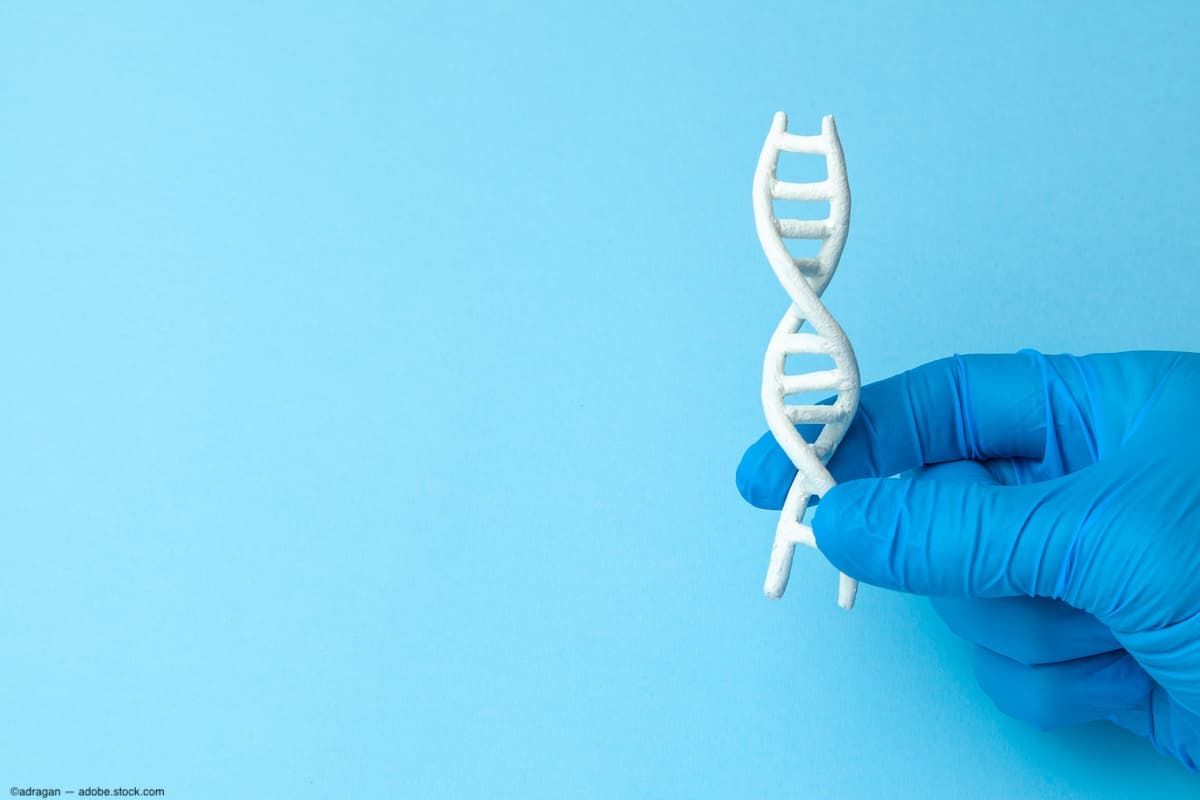Kiora Pharmaceuticals and the Choroideremia Research Foundation partner to advance novel choroideremia treatment
Choroideremia shares traits with retinitis pigmentosa (RP). Both diseases are caused by underlying inherited gene defects and result in the death of photoreceptors within the retina.
Choroideremia shares traits with retinitis pigmentosa (RP). Both diseases are caused by underlying inherited gene defects and result in the death of photoreceptors within the retina. (Image Credit: ©adragan - Adobe.Stock.com)

Kiora Pharmaceuticals, Inc. and the Choroideremia Research Foundation have partnered to advance a potential new treatment for patients with CHM. Choroideremia is a rare, inherited retinal disease that causes blindness.
According to a news release from the companies, this collaboration will drive Kiora's development of KIO-301, a small molecule designed to restore vision in patients with later-stage retinal degeneration.
The companies noted in the news release that there are an estimated 12,000 CHM patients in the United States and Europe, qualifying it as a rare disease under the US Orphan Drug Act. Even with this relatively low prevalence, due to the nature of the disease, CHM accounts for ~4% of all causes of blindness.
CHM shares traits with retinitis pigmentosa (RP). Both diseases are caused by underlying inherited gene defects and result in the death of photoreceptors within the retina. These are the cells that normally capture light and convert it into signals that are used by the brain to process vision. In CHM, men are predominantly affected due to its X-linked etiology, but women can have some effects from carrying this genetic mutation.
"This collaboration with Kiora represents a significant step forward in our mission to bring new options to patients living with choroideremia,” Kathi Wagner, Executive Director of the Choroideremia Research Foundation, said in the news release. “There is only one other active clinical stage program in CHM, which is simply not enough. We believe that KIO-301 has the potential to make a significant difference in the lives of those affected by this disease."
The companies noted in the news release that in the partnership, CRF will assist Kiora with access to clinical and scientific thought leaders to assist in further development of KIO-301 for CHM. The company will also provide help in the enrollment of patients for any future trials of KIO-301 for CHM.
“The need to develop new therapies for patients with CHM is clear, and with the potential behind KIO-301, it's very exciting to see the CRF and Kiora collaborate towards this goal,” Christine Kay, a vitreoretinal surgeon and recognized international expert in inherited retinal diseases, said in the news release.
"With the early clinical evidence and understanding of how KIO-301 works, we see a clear path for its application to choroideremia," Brian Strem, PhD, president & CEO of Kiora, said in the news release. "By joining forces with CRF, we hope to make significant strides in the fight against this disease and accelerate the path to bringing this therapy to all of those in need."